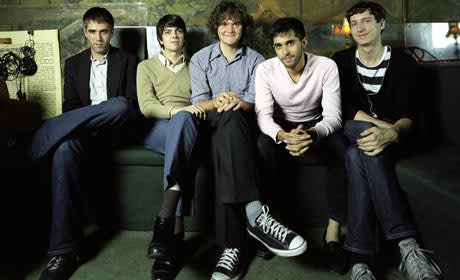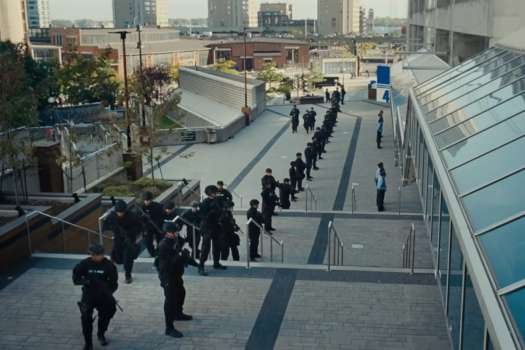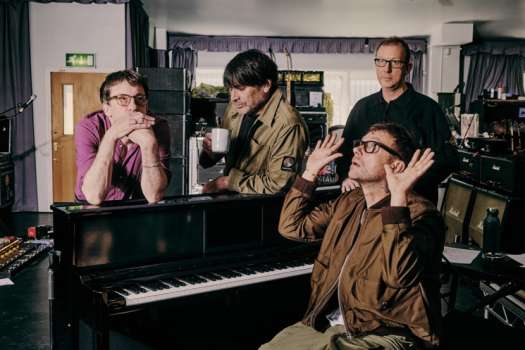Having released three EPs, which were showered with unrelenting blog praise, Austin quartet Voxtrot are now in the unenviable position of facing a critical backlash before they have even released their debut album. All this pressure has taken a toll on tunesmith and incurable romantic Ramesh Srivatsava, who, as a result, has been forced into introspection. Whats striking, though, is his assuredness in unabashedly pouring his insecurities, fears and hopes into this outstanding debut. Its not as immediate as some of the bands earlier output but the songcraft has become much more sophisticated, evolving beyond the charming, yet limiting, Smiths-ian leanings of 2005s Raised By Wolves EP. Certainly, its hard to conceive that that version of the band could have produced anything like the rhythmically complex "Firecracker or vitriolic riposte "Easy. Still, the glue that holds everything together is the red-blooded fervour with which Srivatsava delivers his incisively clever yet simple lyrics. Believe the hype Voxtrot have set a benchmark for guitar pop in 2007.
In "Brother In Conflict, theres a line that goes, "I have to lose my idols to find my voice. Is this something you were doing when you were writing this album?
Guitarist-singer Ramesh Srivatsava: Well, yes. Making the record was really hard. Part of it was because you are trying to craft your sound; you are trying to be yourself. I think that the personality of the band and I would dare say, that my personality come through much stronger on this than anything we released in the past. I could have easily gone on writing really simple diatonic pop songs if I wanted to, like the ones on the first EP, which took ten minutes to write. But you cant do that forever. Its not personally satisfying; its just not right.
You make a lot of pretty direct proclamations in here "I Love Yous and "I Hate Yous abound. Where did all this come from?
When I wrote those EPs I had a very different life. The lyrics were much more cryptic and poetic. When I was writing this album, I felt really severe about everything; I just thought about really dark things all day everyday. So, to be really direct and really honest in a song is important because it is cathartic. I dont really have too many outlets other than songwriting and if youre going to sacrifice some of your private life you might as well give the rest of it up.
(Playlouder)In "Brother In Conflict, theres a line that goes, "I have to lose my idols to find my voice. Is this something you were doing when you were writing this album?
Guitarist-singer Ramesh Srivatsava: Well, yes. Making the record was really hard. Part of it was because you are trying to craft your sound; you are trying to be yourself. I think that the personality of the band and I would dare say, that my personality come through much stronger on this than anything we released in the past. I could have easily gone on writing really simple diatonic pop songs if I wanted to, like the ones on the first EP, which took ten minutes to write. But you cant do that forever. Its not personally satisfying; its just not right.
You make a lot of pretty direct proclamations in here "I Love Yous and "I Hate Yous abound. Where did all this come from?
When I wrote those EPs I had a very different life. The lyrics were much more cryptic and poetic. When I was writing this album, I felt really severe about everything; I just thought about really dark things all day everyday. So, to be really direct and really honest in a song is important because it is cathartic. I dont really have too many outlets other than songwriting and if youre going to sacrifice some of your private life you might as well give the rest of it up.




